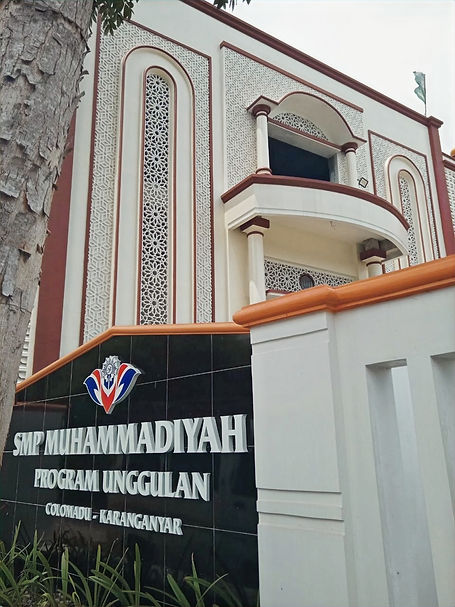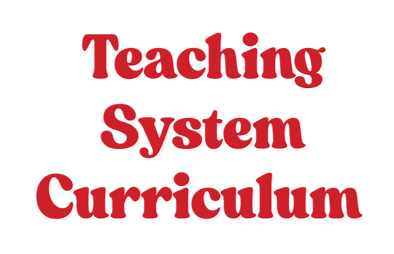
As a private junior high school, the SMP Muhammadiyah 7 Program Unggulan Colomadu spans from Monday to Friday, with classes from 7:00 AM to 3:00 PM, having a classroom designation for each grade level with not more than twenty-five (25) students per class.
The school offers different programs that support academic learning for grades 7 to 9. This includes Regular Class, Tahdiz Class, and ICP Class that focuses on certain skills. For students who take regular classes, subjects focus on honing abilities in entrepreneurship, literacy, and skills as well as knowledge in the religious field. While the Tahfidz class emphasizes the learning and application of the Qur’an’s value, this class includes the tahfidz, Arabic, religious, and dakwah digital (dakwah is also known as preaching). For traditional learning similar to common schools, the International Course Program (ICP) Class prepares students in academic fields that include core subjects of Science, Math, English, and religion.

SMP MUTU ACADEMIC SUPPORT SYSTEM
Aside from the said classes as student programs, the school also balances learning by allotting every Friday for the extracurricular activities they offer. These activities offer opportunities that develop the personal skills and abilities of the students and engagement in the community. Some of the extracurricular activities introduced are Arabic Music Class, Debating Class, Graphics (for digital making of Canva designs and photography), Entrepreneur for business making (about crafts making and selling products invented by the students), and Journalistic Class (including Public Speaking and Podcast). Further, an outlearning class was also added to this program, which is similar to a field trip accompanied by teachers. This shows the application of learning in a real scenario; such experience of this activity is the use of directions and using it in the public market.
Through the programs offered in SMP Muhammadiyah 7 Program Unggulan Colomadu, learning is not just about teaching core subjects but also about how crucial it is to develop the skills of 21st-century learners to excel in the modern world.
_edited.png)
The Education System in Indonesia followed the Merdeka Curriculum, a system launched in 2022 and approved as the National Curriculum through the Ministry of Education, Culture and Research (MoECRT) Regulation. This curriculum is translated as “Independent Curriculum” which aims to improve the quality of learning through improving the competence and character of the students, such as assessments, differentiated learning approaches, and collaborative learning.
As the curriculum is based on competence, teachers are expected to teach lessons that cater to the diverse needs and interests of the students. Thus, it promotes a student-centered classroom that encourages learners to think on their own, which strengthens the skills in creative thinking, problem-solving, and collaboration. Further, assessments in the Merdeka Curriculum are not merely about the traditional pen-and-paper assessments but rather a more holistic one. This pertains to activities that highlight experiential learning, which allow students to apply learning in the real world.
_edited.png)
_edited_edited.jpg)


